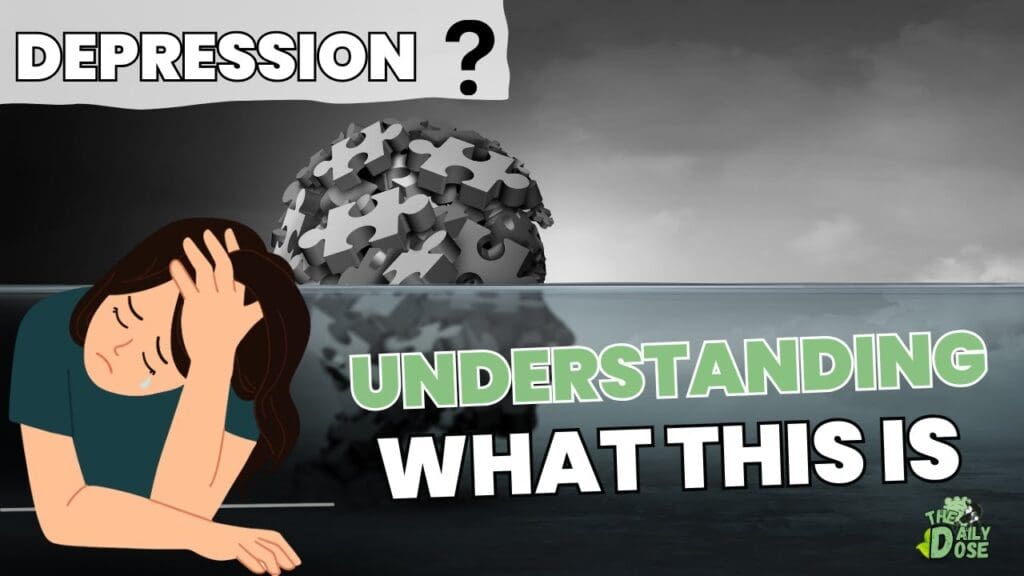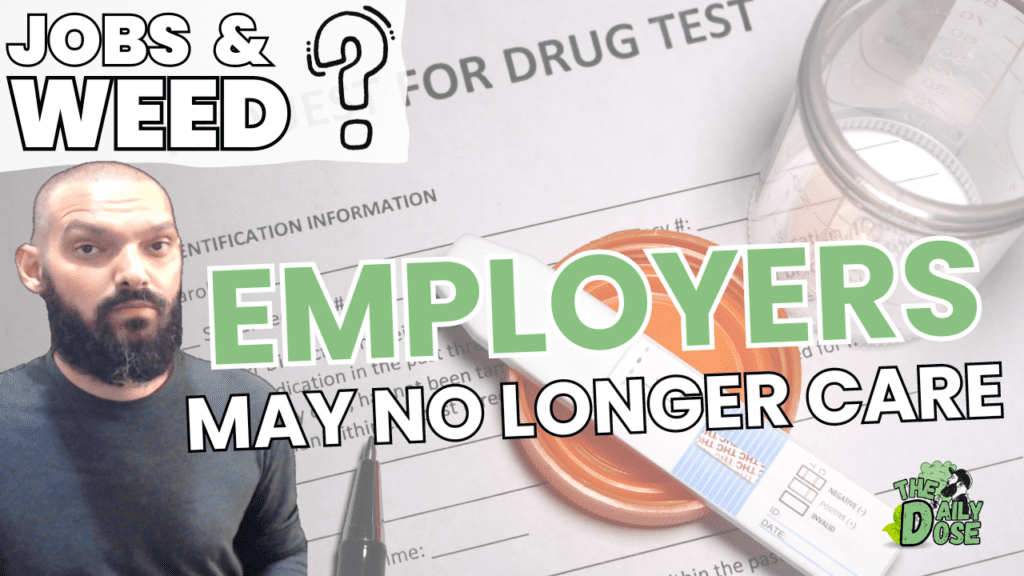What Is Delta 8 THC
Introduction
Delta-8 THC, often referred to simply as Delta-8, is a compound that’s been making waves in the world of cannabinoids. While its name might seem reminiscent of Delta-9 THC, the psychoactive component of cannabis, Delta-8 offers a unique experience.
In this comprehensive guide, we’ll delve into what Delta-8 THC is, how it differs from its more well-known counterpart, its legal status, products, pros and cons, potential effects, dosage recommendations, and safety considerations.
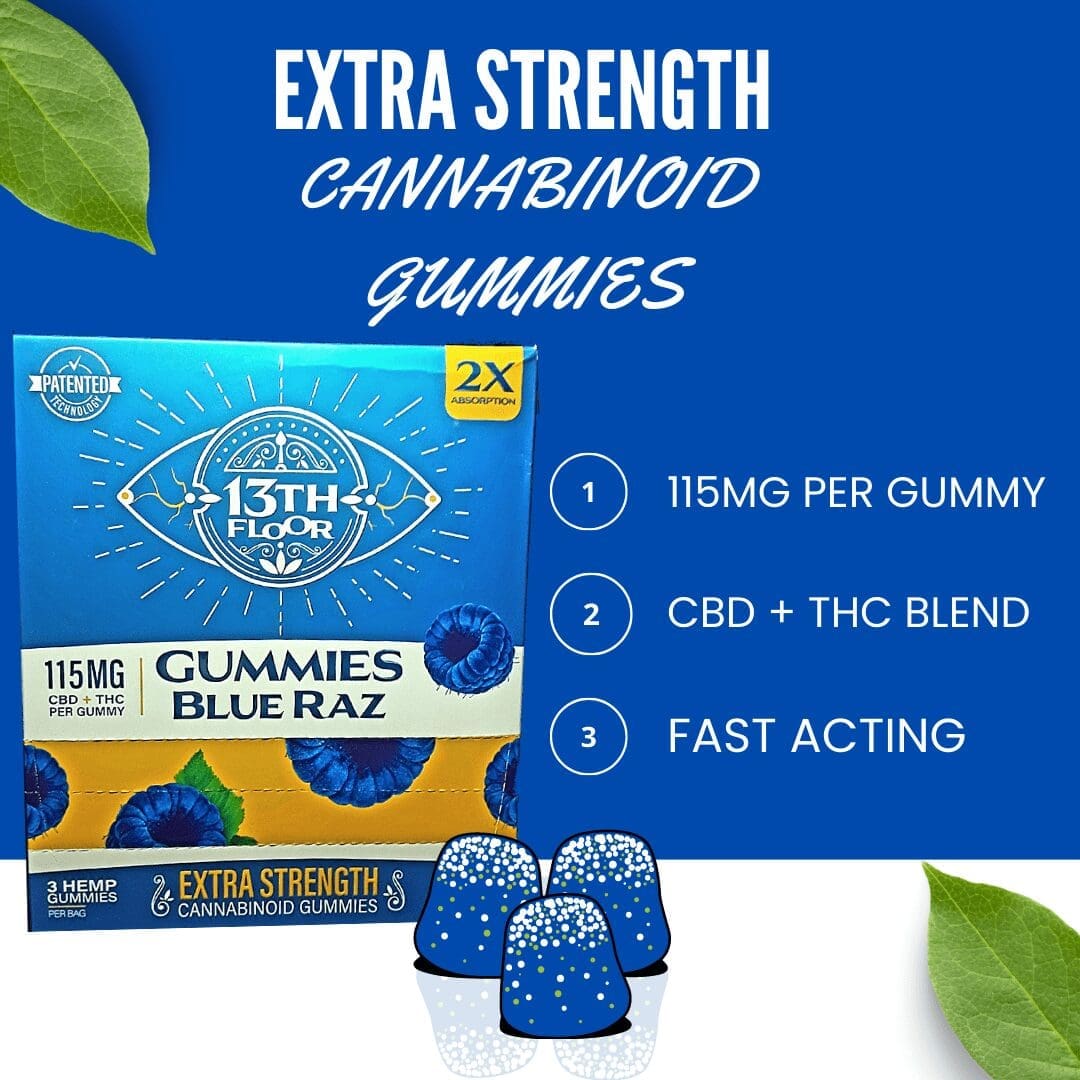
Understanding Delta-8 THC
Chemical Structure and Properties
Delta-8 THC, or Delta-8-tetrahydrocannabinol, is a psychoactive compound found in the cannabis plant. It shares a similar chemical structure with Delta-9 THC, but there’s a slight difference in the placement of a double bond. This subtle variation in structure leads to some notable differences in how these compounds affect the body.
Delta-8 THC interacts with the endocannabinoid system, just like Delta-9 THC and CBD. However, its binding to the cannabinoid receptors, particularly CB1 receptors, is less potent. This results in milder psychoactive effects and a reduced risk of anxiety or paranoia, making it a more attractive option for some users.
How Does It Differ from Delta-9 THC?
The primary distinction between Delta-8 and Delta-9 THC is the intensity of their psychoactive effects. Delta-9 is known for its potent and often overwhelming euphoria, while Delta-8 offers a smoother, milder high. Many users report that Delta-8 produces a more clear-headed and focused experience, making it an appealing choice for those who find Delta-9 THC too intense.
Legal Status
The legal status of Delta-8 THC varies from one location to another. In some regions, it’s considered a controlled substance, while in others, it’s available for recreational and medicinal use. It’s crucial to understand your local laws and regulations before trying or purchasing Delta-8 products.
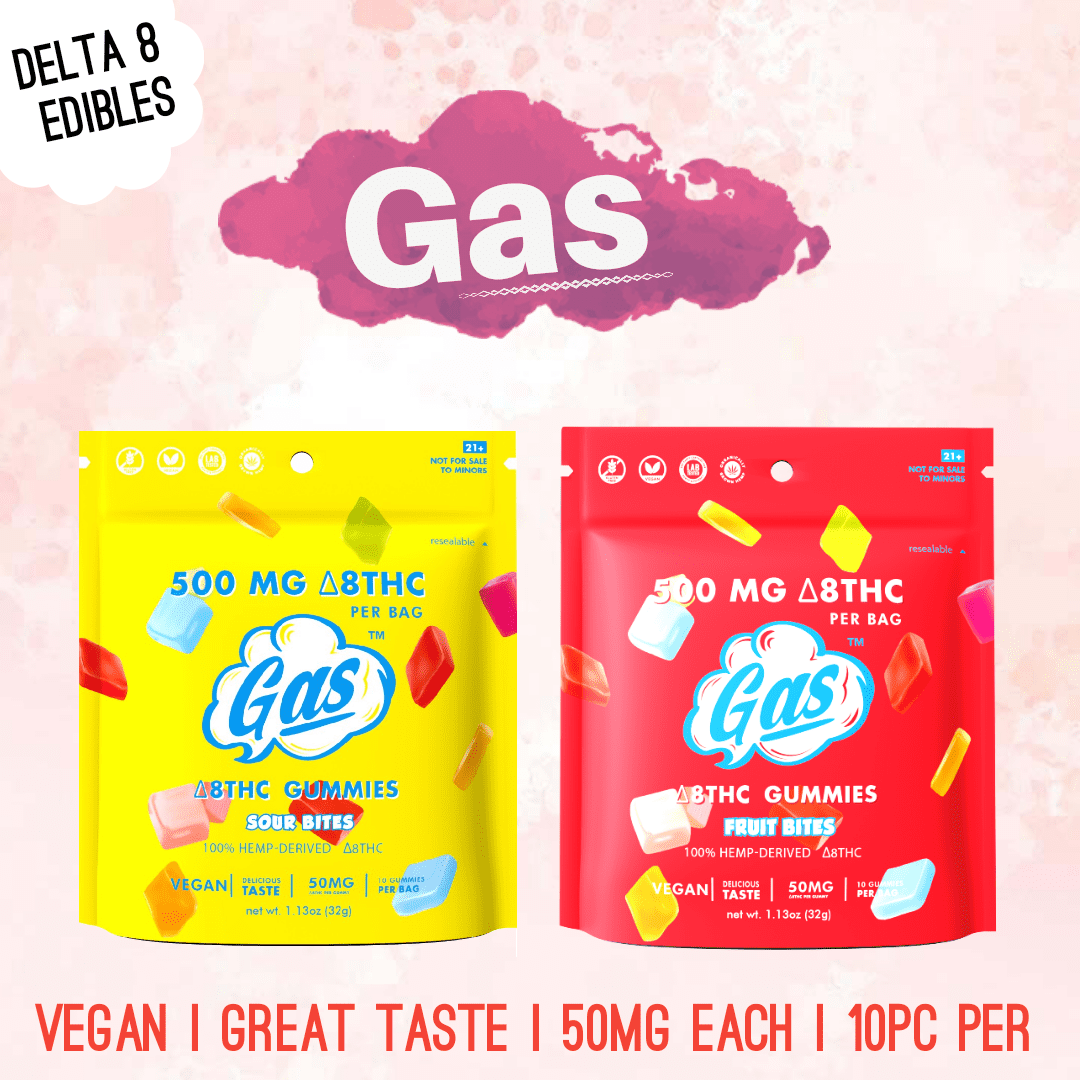
Delta-8 THC Products
Delta-8 THC is available in various forms to cater to diverse preferences:
Vapes and Cartridges: Vaporizing Delta-8 is a popular choice due to its quick onset of effects and convenience. Vape cartridges come in an array of flavors and potencies.
Edibles: Delta-8 THC-infused gummies, chocolates, and other edibles provide a discreet and longer-lasting high, perfect for those who prefer not to inhale.
Tinctures: Delta-8 tinctures are taken sublingually for precise dosing and an easy way to incorporate Delta-8 into your daily routine.
Topicals: Delta-8 topicals offer localized relief without the psychoactive effects. They’re often used for pain and inflammation.
Isolates: Delta-8 THC isolates come in a powdered form, allowing users to mix them with other products or create their custom formulations.
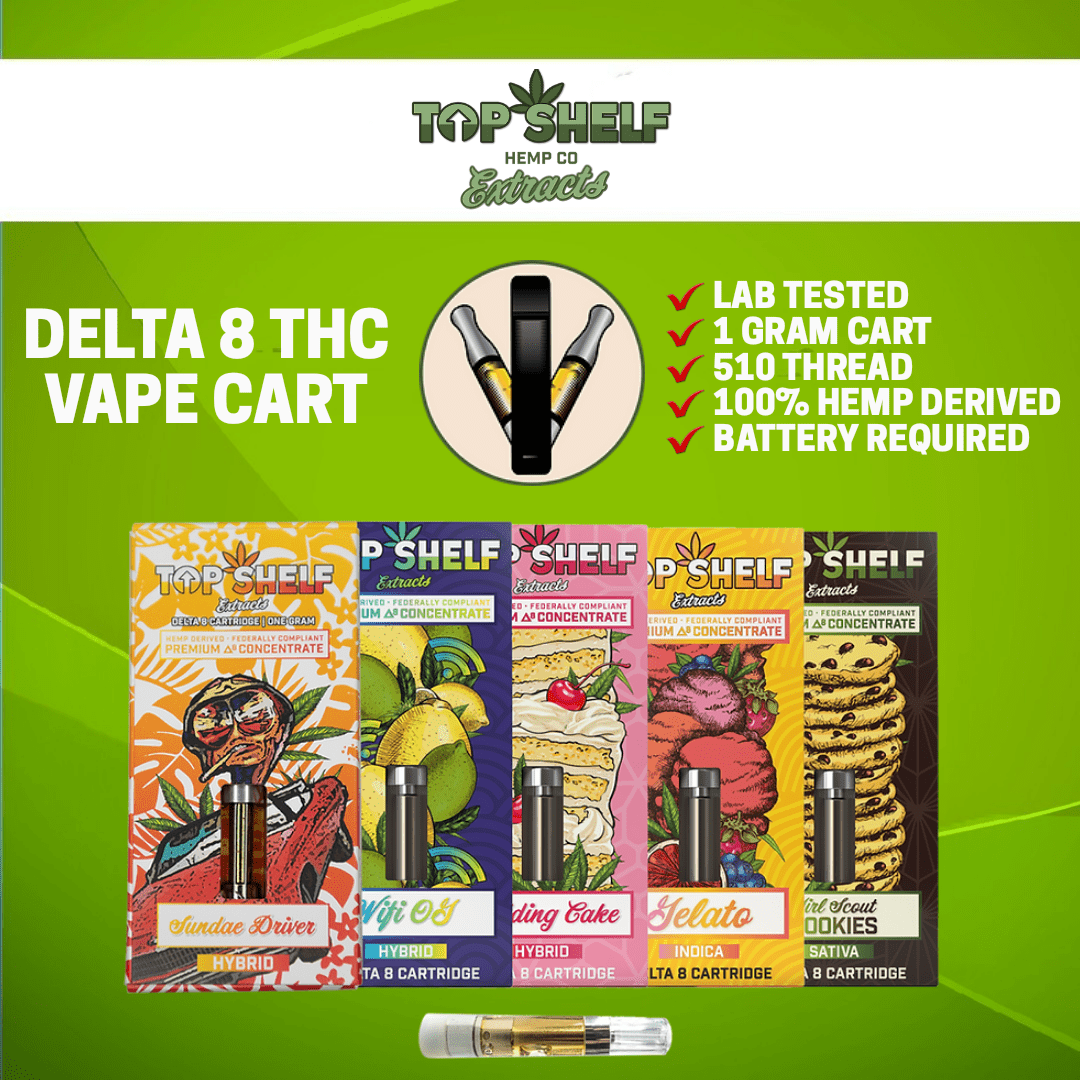
Pros and Cons of Delta-8 THC
Pros
- Milder High: Delta-8 THC offers a more subtle psychoactive experience, making it accessible to those who are new to cannabinoids or prefer a less intense high.
- Therapeutic Potential: Some users report that Delta-8 may offer pain relief, anxiety reduction, and help with sleep disorders.
- Legal Status: In some areas, Delta-8 THC is legal, providing an alternative for those who don’t have access to Delta-9 THC.
Cons
- Lack of Regulation: The Delta-8 industry is still largely unregulated, leading to concerns about product quality and safety.
- Tolerance: Users may develop a tolerance to Delta-8 over time, requiring higher doses for the same effects.
- Legal Ambiguity: The legal status of Delta-8 THC is subject to change, which can be confusing for consumers.

Delta-8 THC Effects
Therapeutic Potential: Some studies suggest that Delta-8 THC may have potential therapeutic benefits, such as pain relief, anti-nausea properties, and appetite stimulation. However, more research is needed to confirm these effects.
Psychoactive Effects: The psychoactive effects of Delta-8 are milder and often described as producing a gentle sense of euphoria and relaxation. Users report enhanced focus and creativity, making it suitable for daytime use.
Side Effects and Risks: Like any substance, Delta-8 THC carries potential side effects, including dry mouth, red eyes, increased heart rate, and in some cases, anxiety or paranoia. It’s essential to start with a low dose to minimize these risks.
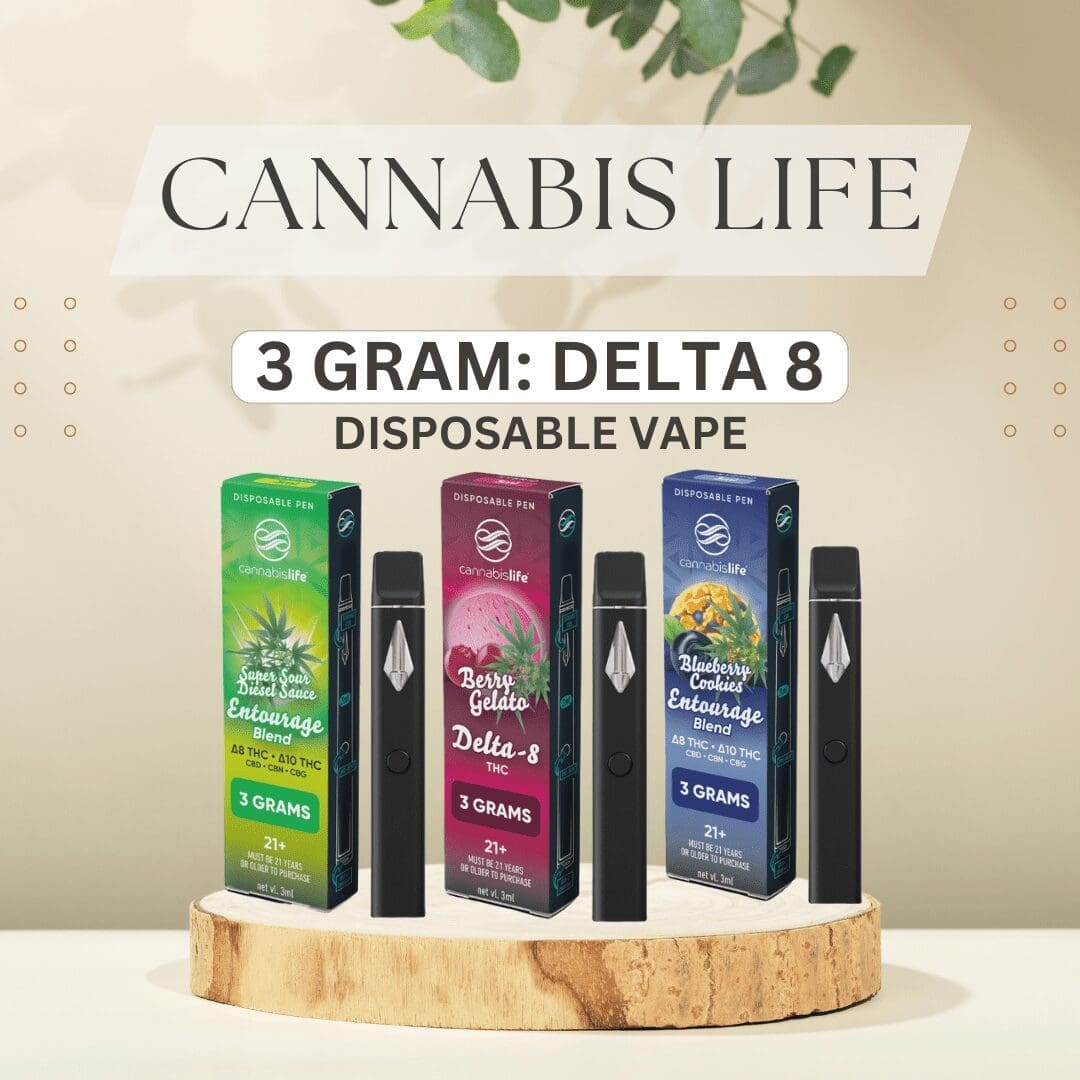
Dosage and Safety
Finding the Right Dosage: Determining the right Delta-8 THC dosage is a personal process, as it varies from person to person. Starting with a low dose and gradually increasing it until the desired effects are achieved is the best approach to minimize risks.
Safety Precautions: Users should be aware of potential risks, especially when using Delta-8 products. Avoid driving or operating heavy machinery while under the influence, and consult with a healthcare professional if you have any underlying medical conditions.
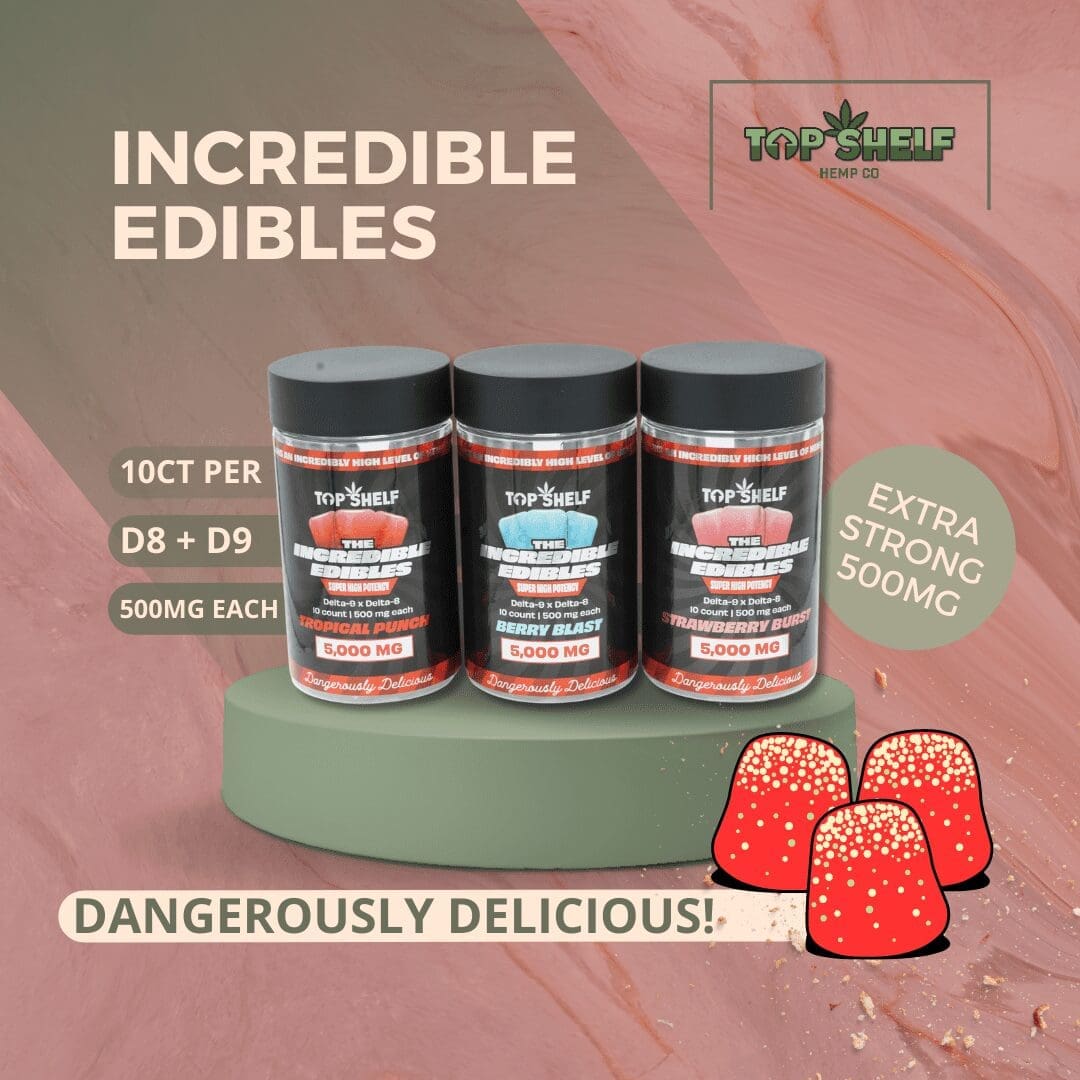
Conclusion: A Promising Alternative
In conclusion, Delta-8 THC offers an alternative for those seeking the benefits of cannabinoids with a milder psychoactive experience. Its potential therapeutic applications and unique effects make it an intriguing choice for many users.
However, it’s crucial to approach Delta-8 THC with caution, considering the legal status, dosage, and potential risks. As research and regulations continue to evolve, Delta-8 THC remains a promising addition to the world of cannabinoids, offering users a distinctive and tailored experience.
FAQs
Is Delta-8 THC legal everywhere?
How does Delta-8 THC differ from CBD?
Can Delta-8 THC cause addiction?
Are there any drug interactions with Delta-8 THC?
Sources:
- FDA: https://www.fda.gov/consumers/consumer-updates/5-things-know-about-delta-8-tetrahydrocannabinol-delta-8-thc
- Cleveland Clinic: https://health.clevelandclinic.org/what-is-delta-8/
Related Articles:
- Delta 8 THC: Differences Explained Now
- Delta 8 THC News Retailer Criminalized
- THC Edibles Myths And Facts A Simple Guide
- Top 5 THCO Products Now Customer Favorites
- Delta 8 THC: Differences Explained Now
Meet The Author



